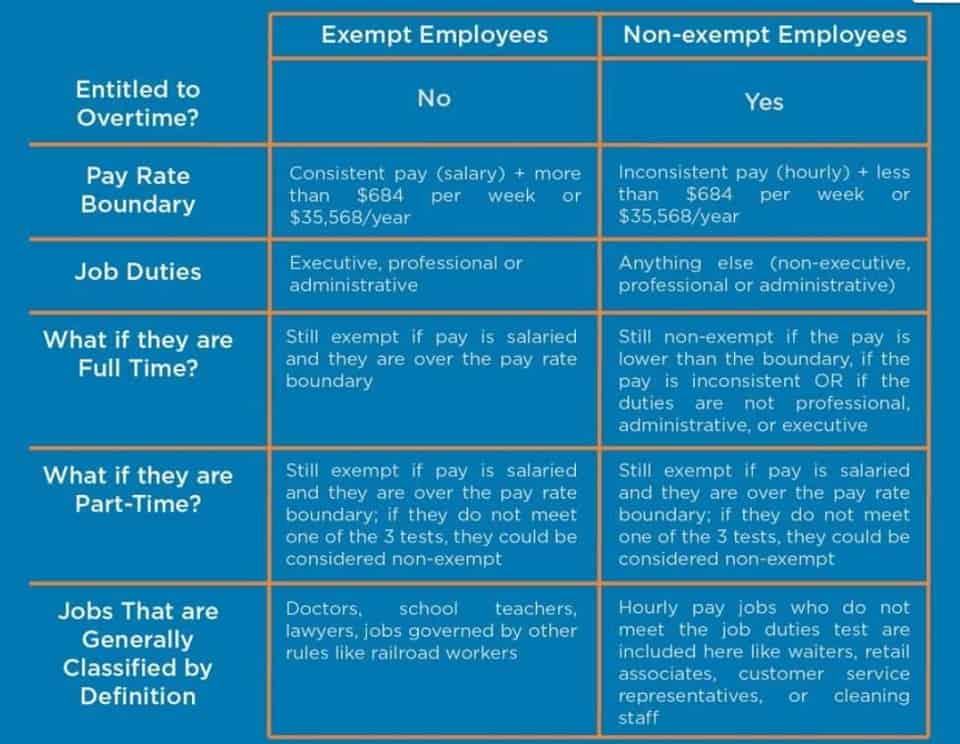
Using automated payroll software can help you streamline your payroll process. The IRS considers HRAs pre-tax benefits, also known as tax-advantaged benefits. With most pre-tax benefits, employers deduct the benefit from an employee’s paycheck before withholding federal taxes, reducing their taxable income liability. The FICA calculation is crucial since each employee’s pretax deductions can reduce an employer’s tax liability. Thus, in simple terms, voluntary deductions benefit both employers and employees.
Gross pay serves as the starting point for calculating an employee’s net pay, which is the amount they receive after taxes and other deductions have been withheld. Gross pay for salaried workers is their annual salary divided by the number of times they’ll receive a paycheck during a year. Gross pay for hourly employees is the number of hours they work during the pay period multiplied by their hourly pay rate. Net pay, on the other hand, is what you receive in your bank account after all the deductions from your gross salary. We recommend using payroll software or a free payroll calculator to accurately calculate federal income tax deductions.
Mandatory deductions
By now, you may have realized that the difference between gross pay and net pay is significant. If you are shocked about how much money you’re not depositing after each pay cycle, the following reminders can help you appreciate and maximize net pay. Many of us remember the feeling of anticipation at our first part-time job before that first long-awaited paycheck from our employer.
If you pay a salaried worker $5,000 once a month, you can multiply $5,000 by 12 pay periods to get their annual income of $60,000. Once you hire an employee, you’re responsible for accurately calculating their paycheck. Whether you employ hourly or salaried workers, you must understand the difference between gross and net pay. Understanding how certain deductions and your tax obligations factor into both gross and net pay can help you run a smooth payroll process.
Which is more―net pay or gross pay?
From a bird’s eye view, the differences between gross and net pay are fairly simple. Gross pay is all pay reported on your pay stub, like wages, commissions, bonuses and reimbursements. what is the relationship between gross pay and net pay Net pay is what’s left over after all payroll deductions have been applied. Court-ordered deductions like child support, alimony and debt payments can affect net pay calculations, too.
- Gross pay is the total amount of money earned prior to any deductions being taken out.
- An employee’s gross pay will include all sources of income that they receive.
- To get the calculation right, you also have to keep in mind the hours per week that the person has agreed to work.
- Insurance premiums can be for health insurance and other benefits like short-term disability insurance or group life insurance plans.
For Social Security Tax, there is a cap on the amount that can be taxed. Gross pay is the amount of compensation an employer and employee agree upon at the start of employment or work. Contact us if you have more questions about gross and net pay to apply for a small business loan.
How do you calculate gross pay?
Different kinds of pay, deductions and labor laws all need to be considered and handled properly. She has spent the last year and a half working at a software company, managing content about CRMs, project management tools and other tech topics. Finally, you can use this figure to find your gross annual income by multiplying it by the 12 months of the year.

It’s important to note that this is a simplified example, and actual calculations may vary depending on the employee’s individual circumstances and the specific tax laws in their jurisdiction. It’s only when it comes to tax withholding and other deducted items where things become complicated. Take-home pay isn’t usually what hiring managers talk about when they’re discussing a salary offer, and it’s not the number you tell a bank when you apply for a mortgage. Now that you have your gross weekly income, multiply this number by 4 to arrive at your rough gross monthly income. Where this can get a little tricky is when you have multiple sources of income.